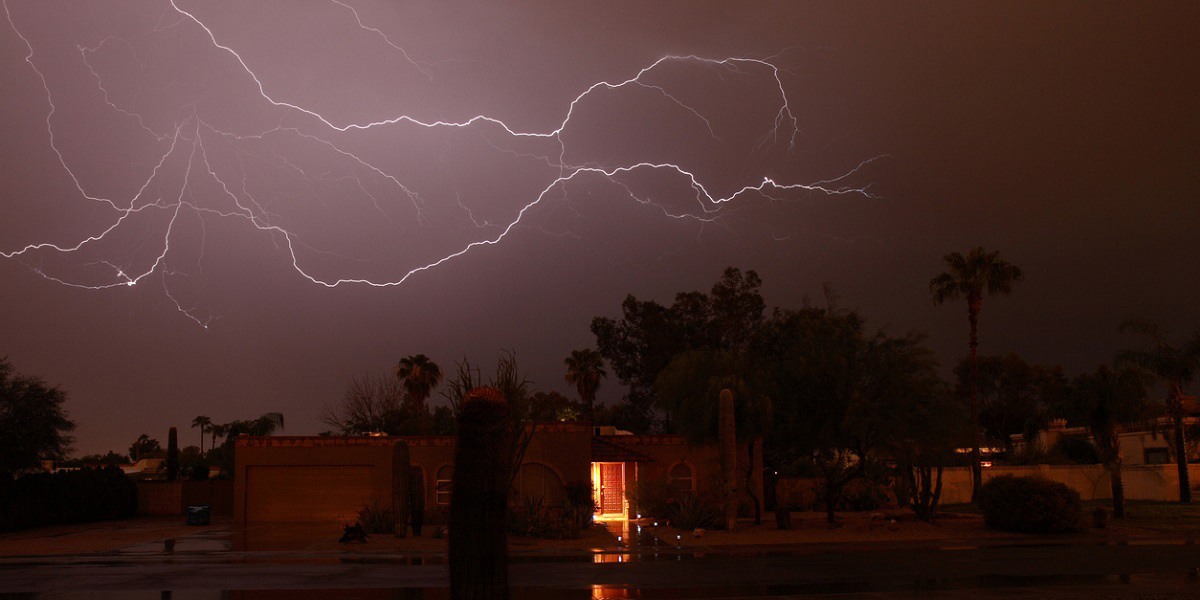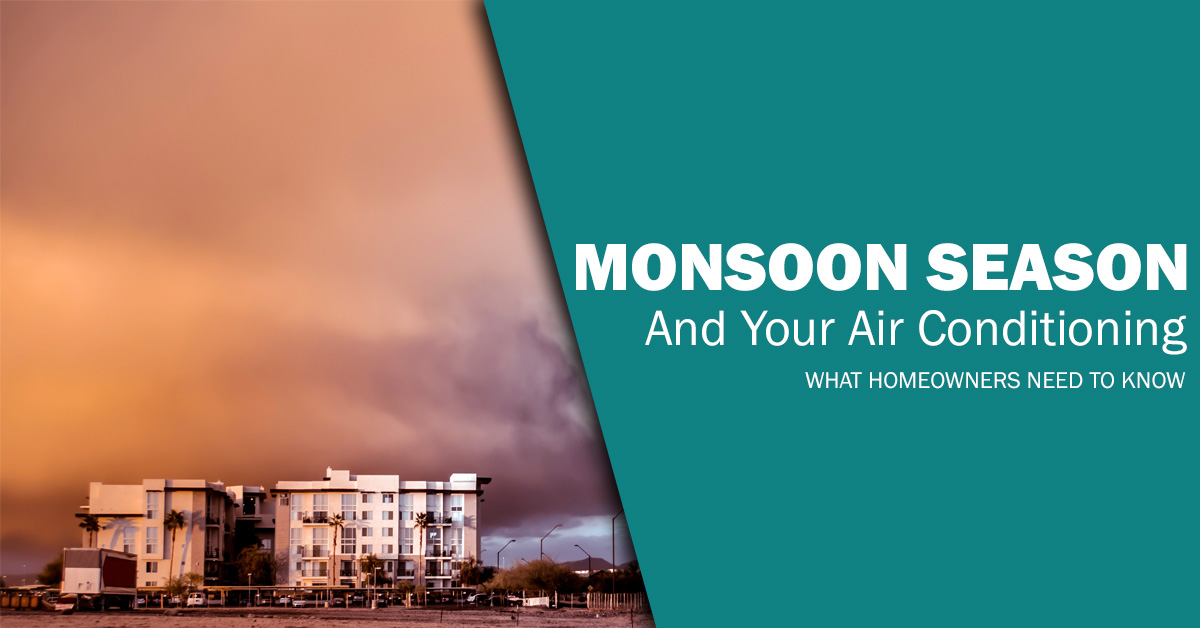Get 24/7 AC Repair in Chandler, Gilbert and Phoenix Valley Cities Call (480) 968-5652 any time for immediate service!
Have you ever been awakened in the middle of the night by the uncomfortable feeling of perspiration on your neck and the alarming realization that your room is much warmer than it should be? It usually takes about three seconds for the panic to enter your brain, “OMG, it’s 3:00 am, and my air conditioning is not working!” There’s an old saying that Arizonans are born with five senses and quickly develop a sixth; sight, sound, smell, taste, touch, and temperature. Desert dwellers have an infallible inner-thermostat that immediately detects the slightest increase in room temperature due to a drop-off in air conditioning – even in a deep sleep! What should you do if your air conditioner has stopped working in the dead of night?
Air Conditioning Quick Reference Checklist
If your air conditioning stops working or you notice warm air coming out of your air conditioner vents, there are some handy troubleshooting steps you can take to possibly remedy the situation. Here’s a quick reference guide to midnight air conditioning repair operations:
- Midnight Emergency Tool Kit – To prepare for a late-night AC repair adventure, you might want to create a midnight emergency tool kit which can be a lifesaver not only for air conditioning problems but other issues, as well. Establish a convenient place for your storage kit nearby, so you don’t have to go searching in the darkness. You should include various items, including a working flashlight, a few basic tools, a pair of gloves, some rags, an extra set of batteries for your thermostat, a notepad and a pencil in case you need to write down information or model numbers. It’s helpful to have the phone number of your HVAC repairman and other emergency numbers (plumber, utilities, etc.) on a contact sheet in your kit. It might seem like overkill, but it will be extremely useful to have everything together in one location, so you don’t have to waste time rummaging around in the middle of the night.
- Check Vents and Airflow – The first thing you’ll want to do is to check your vents and establish if you are getting any cool air, warm air, or no air at all. Check more than one vent to confirm the airflow and temperature throughout the house.
- Thermostat – Check the thermostat to see that it is on, and the display is lit. If your thermostat is dead, it’s possible that the batteries have worn out or your thermostat is not getting power. Obviously, if the thermostat is inoperable, it cannot signal the air conditioner to cycle on. If the thermostat is working, but you don’t hear anything, try switching the fan from “auto” to the “on” position. If the fan comes on that indicates your thermostat is communicating with your HVAC system. If it does not come on, and if you have no air coming through your vents and you don’t hear the usual air conditioner sounds, it’s time to check the power.
- Electric – Always check the electric power box and the AC circuit breakers before you proceed with any other troubleshooting. Unfortunately, many service calls have been performed only to find out the HVAC unit was not getting power. Sliding the breaker switch to the “off” position, waiting 10 seconds then resetting the breaker switch to the “on” position maybe all the repair needed. Why might you lose power to your air conditioner? Sometimes, the power grid simply shuts down during the night or after a storm. Power surges can cause your breakers to be tripped. Your AC unit could have its own electrical issues.
- Evaporator Coils Freezing Up – A common cause of warm air coming out of AC vents has to do with the evaporator coils icing up. If this happens, you’ll notice reduced airflow or the air will not be as cool as it normally is. If you see ice on your AC unit, shut it down and let the ice melt.
Choose an Expert in AC Repair and Service
Experiencing air conditioning issues in the middle of the night can be upsetting. One of the wisest decisions you can make is to call the best air conditioning service in the Phoenix area. Call Bruce’s Air Conditioning and Heating.










 Dust storms, torrential downpours, thunder, and lightning. Oh my! Monsoon season is officially starting in June.
Dust storms, torrential downpours, thunder, and lightning. Oh my! Monsoon season is officially starting in June.



